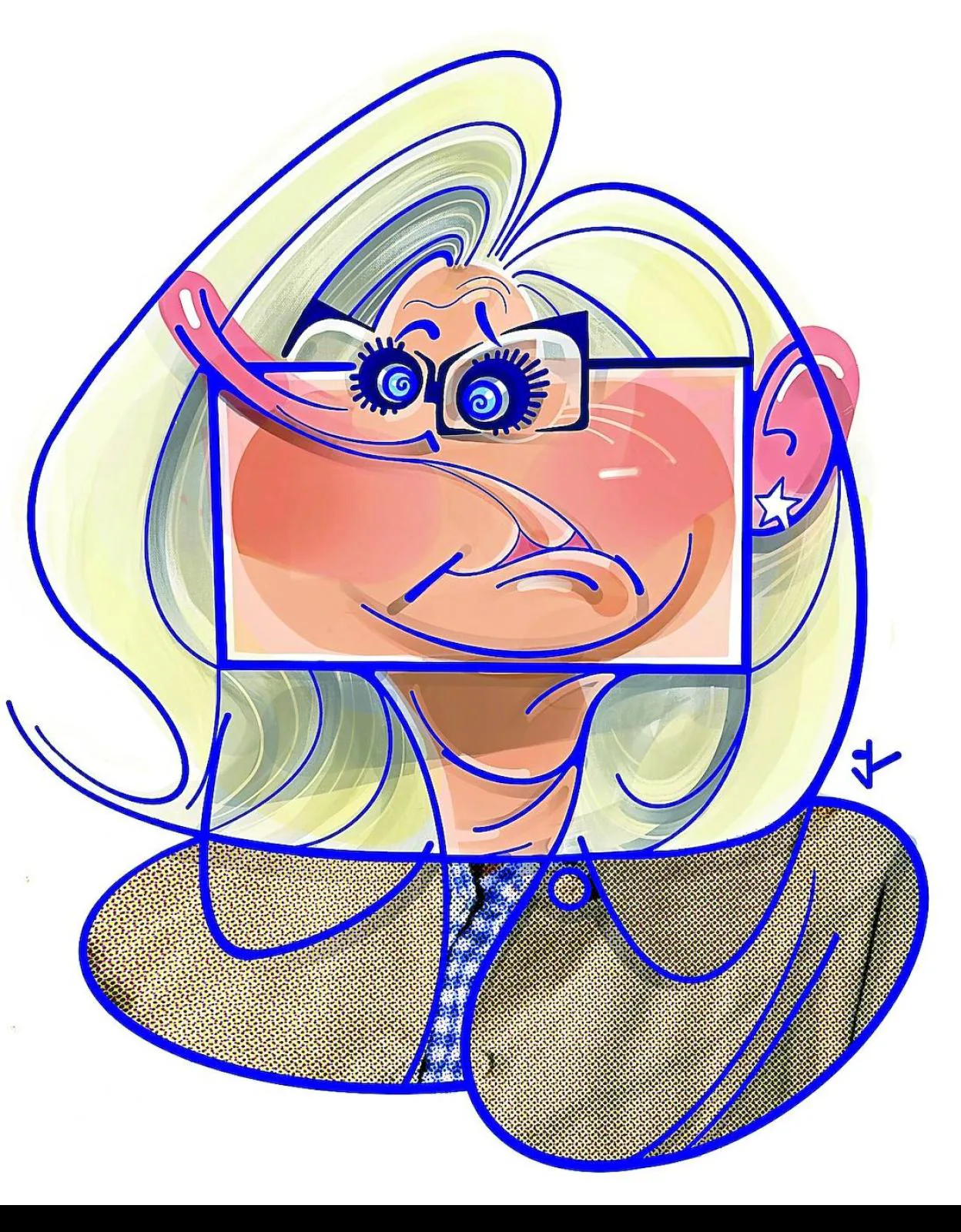In a move that has sent shockwaves across the political spectrum, President Joe Biden has issued preemptive pardons to high-profile figures such as Liz Cheney and Dr. Anthony Fauci. This controversial decision comes amid heightened tensions and debates about justice, accountability, and the future of American politics. As details emerge, the nation grapples with the implications of these pardons and what they mean for those who have been vocal in their opposition to former President Donald Trump.
The pardons extend to individuals who were part of the January 6th congressional committee, including Rep. Adam Kinzinger and others who played significant roles in investigating the Capitol attack. Critics argue that this action undermines the rule of law, while supporters believe it protects individuals from potential retaliation under a possible Trump presidency. The debate intensifies as America reflects on the broader implications of presidential pardons and their role in shaping the nation's political landscape.
Biden's Controversial Move Sparks National Debate
President Joe Biden's recent issuance of preemptive pardons to notable figures like Liz Cheney, R-Wyo., and Rep. Adam Kinzinger, R-Ill., has ignited fierce discussions nationwide. These pardons are seen by some as a safeguard against potential legal actions following a possible return of Donald Trump to the White House. Critics argue that these preemptive measures could set a dangerous precedent, suggesting that individuals can be absolved of unspecified major crimes without due process.
Trump has publicly claimed that Biden's pardons are invalid, labeling them 'void.' However, legal experts assert that once granted, pardons are highly unlikely to be revoked. The controversy deepens as Trump continues to allege that committee members are guilty of serious offenses, though he has not specified the nature of these alleged crimes. This situation underscores the ongoing tension between political factions and raises questions about the limits of executive power.
As the nation watches closely, the pardons highlight the complex interplay between politics and justice. While some view Biden's actions as necessary protections for those who stood firm against perceived threats, others see it as an overreach that could compromise the integrity of the judicial system. The debate continues to unfold, with each side presenting compelling arguments about the appropriate use of presidential authority.
Pardons Extend Beyond Political Figures
Beyond Cheney and Kinzinger, the list of recipients includes former Joint Chiefs of Staff Gen. Mark A. Milley and government scientist Dr. Anthony Fauci. In Casper, Wyoming, it was announced that these pardons aim to shield individuals believed to be at risk of becoming targets in future administrations. The preemptive nature of these pardons is unprecedented, sparking further scrutiny over their legality and ethical considerations.
These pardons also encompass all members of the January 6th committee, which investigated the storming of the U.S. Capitol. By extending broad immunity, Biden aims to protect those involved in uncovering truths about the events surrounding the attack. Such actions reflect the administration's commitment to ensuring that key players in critical investigations remain unencumbered by potential legal challenges.
While some applaud Biden's efforts to preserve transparency and accountability, others criticize the move as politically motivated. The inclusion of prominent figures like Fauci suggests an attempt to fortify individuals who have faced relentless criticism from opposing political camps. As the debate rages on, the impact of these pardons on future political discourse remains uncertain.
Award Ceremony Highlights Presidential Recognition
Adding another layer to the narrative, President Biden presented the Presidential Citizens Medal to former Rep. Liz Cheney and Rep. Bennie Thompson, acknowledging their leadership during the investigation into the January 6th attack. This recognition signifies the administration's appreciation for their dedication and courage in upholding democratic principles amidst adversity.
The ceremony serves as a reminder of the pivotal roles played by Cheney and Thompson in guiding the congressional inquiry. Their steadfast commitment to truth and justice earned them widespread respect, even as they endured intense backlash from certain quarters. The award highlights the importance of recognizing civic contributions that strengthen the nation's democratic foundations.
As the political climate continues to evolve, Biden's decision to honor these individuals underscores his administration's values and priorities. By bestowing medals upon those who led the investigation, the president reinforces the message that standing up for democracy and accountability is paramount. This gesture adds depth to the ongoing conversation about the intersection of politics, justice, and national service.
Speculation Surrounding Preemptive Measures
Amidst the controversy, speculation mounts regarding the rationale behind Biden's preemptive pardons. Observers suggest that these actions may serve as protective measures against potential retaliatory moves by a Trump-led administration. Trump's repeated calls for the prosecution of perceived enemies have fueled concerns about the potential misuse of power if he regains office.
Some analysts argue that putting individuals like Liz Cheney on trial could backfire, transforming her into a symbol of resistance and casting Trump as the antagonist. This scenario presents a complex dynamic where legal proceedings might inadvertently elevate public support for those targeted. Consequently, the strategic timing and scope of Biden's pardons warrant careful consideration.
Ultimately, the decision to issue preemptive pardons reflects the delicate balance required in navigating the complexities of modern politics. As the nation reflects on these developments, the focus shifts to understanding how such actions will shape the trajectory of American governance and its commitment to justice and fairness. The unfolding narrative promises to influence future discussions about the appropriate exercise of executive authority.

